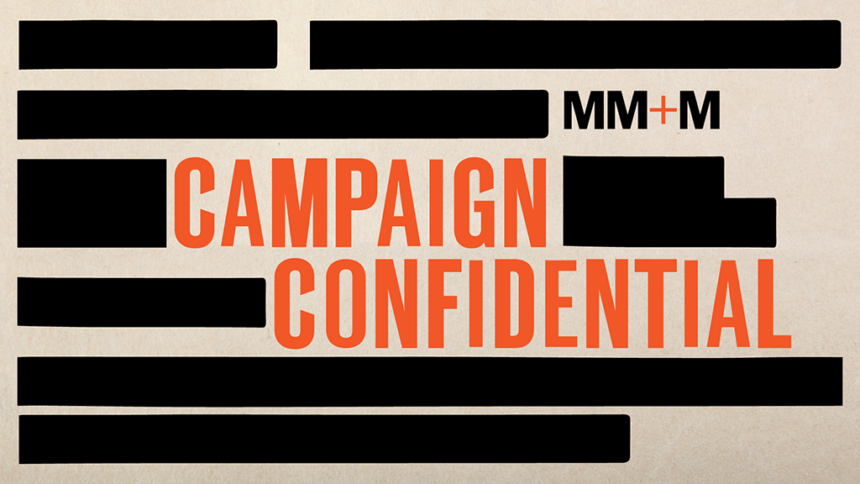Shortly after the Supreme Court overturned Roe v. Wade in June of last year, a Pew Research poll found that 62% of Americans disapproved of the decision, including 52% of men.
However, looking at the coverage of abortion rights in the United States, it is easy to feel that the men who are given the most airtime and whose voices are loudest are, disproportionately, from the 28% who strongly approve of the high court’s action.
Recognizing the disconnect between the polling data and the outsized media coverage from anti-abortion voices, healthcare marketing agency The Considered and culture strategy firm The Opt-In stepped up.
By working with three advocacy organizations — New Voices for Reproductive Justice, Men4Choice and ProChoice Majority — the two firms set out to amplify the voices of men who support abortion rights. The Speak Up Man initiative gives these allies a platform to express the impact that abortion had on their lives while also encouraging other straight men to become advocates for pregnant people.
Yet even before this campaign came to be, the teams were racing the clock.

Following the Dobbs decision, the two agencies and their advocacy organization partners eyed an effort that would have an impact before the midterm elections last November.
To that end, Emily Knight-Kristoffersen, creative director at The Considered, and cinematographer Grace Goen set out on a cross-country tour to meet with men whose lives had been impacted by abortion. Their footage ultimately was distilled to four 90-second films profiling their subjects’ experiences, which can be seen on the Speak Up Man campaign website.
The videos were viewed more than 200,000 times on TikTok and helped drive traffic to the campaign website where visitors could look up information on voting procedures in all 41,704 zip codes in the U.S. as well as the positions on reproductive rights of 1,144 candidates.
“What surprised me the most about speaking to the men was how many of them had never spoken about their experience with abortion, either because they didn’t feel like they had a right to speak on something that is generally considered a women’s issue and they didn’t want to center themselves in that conversation or because it simply didn’t have a huge impact on their lives,” Kristoffersen says.
She adds that the question of whether we truly need to hear more from straight men on the abortion question, which many of the subjects grappled with, was also extensively discussed internally. In the end, the agencies and the organizations felt like it was the right approach at this time to maximize the campaign’s effectiveness.
“The more voices and allies we have, the better. It can only be a good thing,” Kristoffersen says. “It’s part of the same attack on freedom and bodily autonomy that’s happening across the US in terms of transgender care, abortion care, LGBTQIA+ rights — it’s much bigger than just a women’s issue.”
Oren Jacobson, co-founder and co-executive director of Men4Choice, notes that Speak Up Man is not about “whether or not we hear enough” from men.
“It’s that we are hearing from the men who want to ban abortion and little from the men who support abortion rights,” Jacobson says. “We need to hear more from those men, not because their stories matter more, but because as it stands today, they are silent while these other guys are loud and using their power to attack people’s rights.”
A leader from another one of the partner organizations, New Voices for Reproductive Justice, sees the power of the videos in the personal perspectives that they offer on an issue that has been politicized.
“There aren’t many times that men get to speak out about the personal impact that abortion has had,” says Donovan Atterberry, program state director of Ohio at New Voices for Reproductive Justice. “Usually we hear it in a political forum—on the floor of the House, through a political lens. But these films are just normal American citizens.”
Looking forward, The Considered and The Opt-In are now focused on another community often excluded from the abortion debate: transgender, nonbinary and gender-expansive individuals.
“We’ve been speaking to a few leaders in the LGBTQIA+ community to explore how we can invite them into the next evolution of the campaign, which we are hoping to have in the lead-up to the 2024 election cycle,” Kristoffersen shares. “Hopefully, we’ll have a series of interviews and we’ll revamp the online voting database to reflect the candidates on the ballot next year.”







